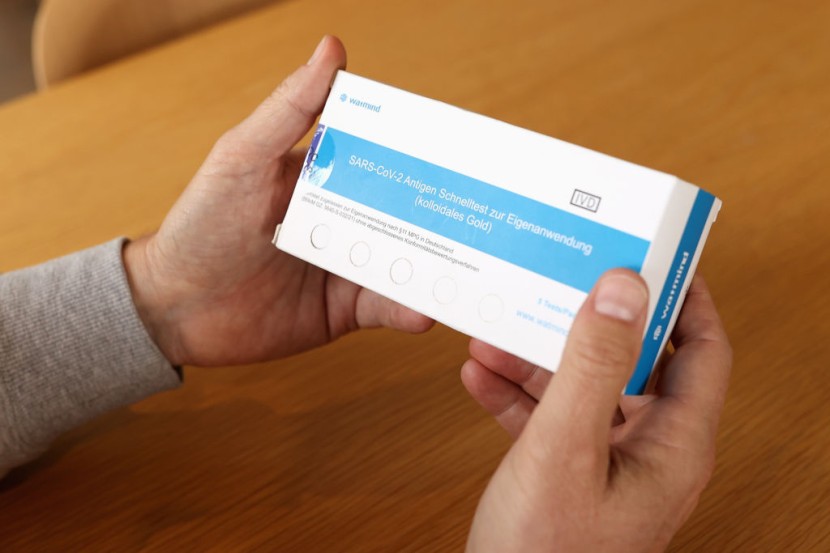
The Food and Drug Administration (FDA) has issued a warning that more than half a million home COVID-19 tests manufactured by Roche and SD Biosensor should be destroyed immediately due to "significant concerns" about bacteria that might infect users of the kits.
It is possible to identify the recalled Pilot COVID-19 At-Home Tests by their lot numbers shown in FDA's announcement. Reportedly, half a million went to CVS, while about 16,000 went to Amazon.
The FDA claims that none of the suspect kits made it into circulation via official government testing initiatives like COVID.gov/tests.
Bacteria Risk
According to CBS News, the issue was discovered during standard quality assurance testing. The liquid buffer solution was found to contain potentially harmful bacteria. SD Biosensor, the maker of the Pilot COVID-19 At-Home Test, notified Roche of this.
According to the FDA, potentially life-threatening illnesses caused by bacteria, including Enterococcus, Enterobacter, Klebsiella, and Serratia, were found in the liquid tubes that came with the test kits.
There have been no reported injuries or fatalities from contaminated test kits, as per FDA. Agency officials also caution that those who have previously utilized the tests may have received erroneous results.
Until the inquiry is complete, Roche and SD Biosensor have announced they are working with distributors and retailers to quarantine batches of the tests. The investigation conducted by SD Biosensor led to the conclusion that raw materials from one of their suppliers were responsible, based on a statement released by company representative Evie Baik.
Baik said the firm is increasing its quality control measures in an attempt to identify and eliminate any future tainted batches before they are sent to customers. Furthermore, SD Biosensor severed ties with the contaminated product's source.
"To date, no such illness has been reported, and to date, no impact on performance has been confirmed," Baik stated.
The End of the Global Health Crisis
In its most recent report on the virus, the World Health Organization (WHO) said Friday, May 5, that COVID-19 is no longer a worldwide health emergency.
WHO Director-General Tedros Adhanom Ghebreyesus reportedly agreed with the recommendation of the International Health Regulations Emergency Committee to rescind the public health emergency of international concern (PHEIC) declaration at the organization's 15th meeting on COVID-19.
Ghebreyesus claims that the worldwide COVID-19 pandemic has been waning for over a year, allowing most countries to return to their way of life prior to the global outbreak.
The WHO Emergency Committee issued a global pandemic warning for COVID-19 on January 30, 2020. This proclamation aimed to rally the global community to combat this health crisis and work together to find effective vaccinations and cures.
Lifting this declaration is indicative of progress in these areas. However, WHO continues to assert that COVID-19 remains a public health risk despite no longer being an emergency.
© 2026 HNGN, All rights reserved. Do not reproduce without permission.








